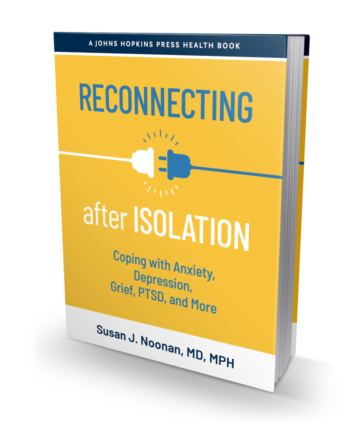 A research study was recently published out of Rutgers University that may be of interest to you. (BL Alderman et al. Translational Psychiatry; 2016) I write of it here in case you heard or read about it in the general news. It’s a very small study that looks at the combination of physical exercise and meditation, done back-to-back, to help relieve the symptoms of depression. The researchers then go on to try to see, in a complex method, if that combined strategy helps to sharpen brain functioning.
A research study was recently published out of Rutgers University that may be of interest to you. (BL Alderman et al. Translational Psychiatry; 2016) I write of it here in case you heard or read about it in the general news. It’s a very small study that looks at the combination of physical exercise and meditation, done back-to-back, to help relieve the symptoms of depression. The researchers then go on to try to see, in a complex method, if that combined strategy helps to sharpen brain functioning.
I thought that it was an interesting, although small, study – there were only 22 participants who had depression in the study group, and 30 participants in the control group. They wanted to see if the combined effects of two “augmentation” strategies – physical exercise and meditation – that have individually been shown to be effective in relieving depression would be even more effective if done together. There has been a lot of research that shows the beneficial effects of physical exercise or meditation in depression, alone or in conjunction with medication or psychotherapy (talk therapy). So, in this study, one would expect positive results. The researchers reported a 40% decrease in depression symptoms of their study subjects after only 8 weeks. It’s hard to know what to believe out of this, particularly since it is such a small study. Further research is needed.
I did wonder about its real-world application, how something like this would apply to you and me. This study required their subjects, college students, to meditate for 30 minutes twice a week, which is quite a difficult task. This was followed by moderate-level physical exercise for 30 minutes. Asking people to meditate consistently for 5-10 minutes at a time is often a challenge, let alone 30 minutes. In this study they did break it up by doing 20 minutes of sitting meditation followed immediately by 10 minutes of walking meditation.
Even so, it is very difficult to quiet and focus your mind for such a long period of time, and stick with it. It’s easy for your mind to wander, to think of other things, during a prolonged period. Previous studies looked at shorter periods of meditation and found that to be helpful in depression. I’m not sure how practical the longer 30 minute meditation is in our lives, and what added benefit it brings. Yes, a Buddhist monk is trained to meditate for hours of their day, and we can certainly learn from them, but that is not the focus of our daily lives in our western culture.
The important point to recognize here is that both physical exercise and meditation are strategies that are beneficial in managing your symptoms of depression. In my opinion, it does not look like you have to go to the extreme in doing either one; maintaining consistency is probably your best option.
Stay well!
